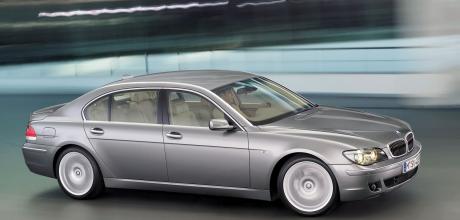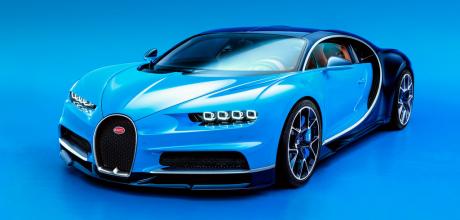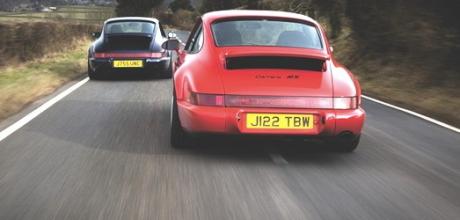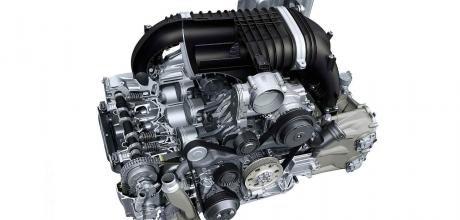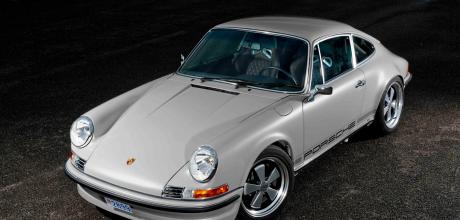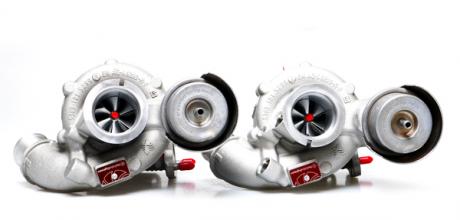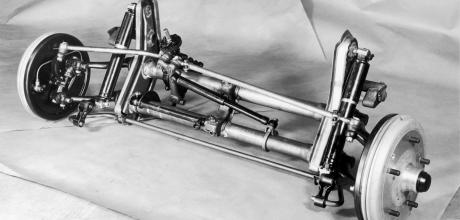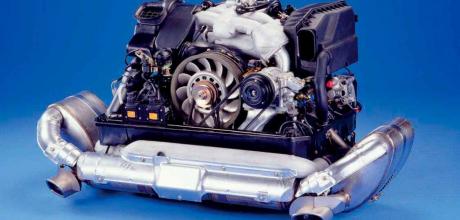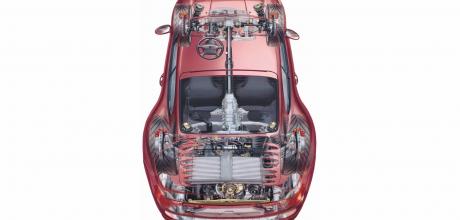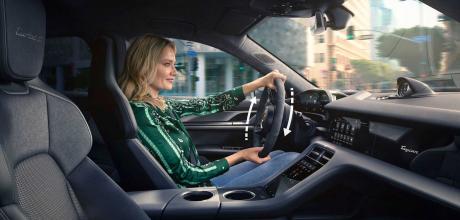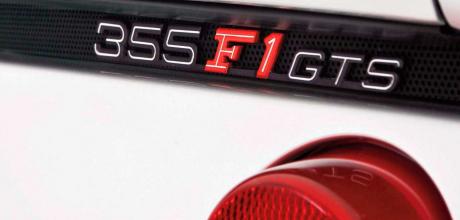The dual-clutch was the technology that killed the flabby old torque converter auto, right? Not so fast, hoss. Zahnradfabrik Friedrichshafen, or ZF to most of us, had other ideas. The company that was originally formed to produce gear wheels for Zeppelins developed a compact eight-speed transmission with four planetary gearsets, three clutches and two brakes that could shift gears in as little as 200 milliseconds with a beautifully oiled slickness that suddenly made DCTs seem clunky.
We investigate the function of modern vehicle cooling systems and their role in ensuring reliability and operating efficiency. Techtalk Feature: Vehicle cooling systems Keeping it coolIn internal combustion engines, the conversion of the chemical energy of fuel into kinetic energy creates heat as a waste product. This heat, along with the heat created by the friction of various moving components, needs to be reliably controlled and dissipated to protect the engine and its components.
The 964 was the first 911 to utilise an active rear wing, but why is it there and how does it work? The 964 model, introduced in 1988, may have given the appearance that little had changed over the previous G-series model. In fact that was partly true for the design, which maintained the existing shape and gave it a clean up, smoothing bumpers, and adding an engine undertray.
Porsche 911 991 → 991.1 GT3 engines Everything you need to know about Porsche’s GT-spec MA1 flat six
The 991.1 GT3 is a brilliant sports car when on song, but is its engine its weak point? Total 911 investigates… Written by Kieron Fennelly 991.1 GT3 engines - Why were they recalled, and why have they been revised? Our deep-dive reveals all The BURNING QUESTION of the 991.1 GT3 Schadenfreude – pleasure at the misfortune of others. Strangely, this human if rather reprehensible trait has no word to describe it in English and the language has to resort to a foreign word to convey the sense.
There was once, believe it or not, a time when early 911s were forgotten, underappreciated and, well, almost apologised for, as just old Porsches. Water cooling came in and – for a while – the peculiarities of the earliest 911s were seen as negatives. Today is a different time, and those early long-bonnet models have become hot Porsche property over the last seven or eight years, with values skyrocketing almost overnight. But prices have softened lately; is their appeal on the wane?
The Turbo moniker is well established with the 911. But what is a turbo, and why are they used? Technology explainedAn engine needs two ingredients to run: fuel and air. In sports cars such as the 911 where performance is the ultimate focus, you’d expect to simply turn up the wick to increase fuel, and hey presto, instant performance, right? Wrong. The combination of air and fuel is set to a fine balance, the so-called stoichiometric mixture of 14.7:1.
We take a quick look back at the history and development of the torsion bar suspension system Despite the many complex technological advances, features and systems used over the lifespan of the 911, one vital element of the car relied on a simple, mechanical system for over 40 years – the use of torsion bar suspension.
Porsche’s patented VarioRam system is an ingenious way to alter geometry of the induction manifold according to engine needs under different operating conditions. Here’s how it works… Words Shane O’Donoghue Photography Porsche. TORQUE SHOW VarioRam is the name Porsche gave to its advanced variable intake system when the technology was first released in 1994.
Porsche has been boosting its 911 for nearly 50 years – here’s how the Turbo has evolved in that time. Written by Kieron Fennelly. Photography courtesy Porsche Archive. HOW THE 911 CONTROLS FORCED AIR INTAKE Turbo evolution Kieron Fennelly charts the development of turbocharging in the 911, from 1975 to the present day The superficial attraction of turbocharging is that in harnessing waste exhaust gas energy, turbo boost offers ‘something for nothing’.
This optional assistance system helps make light work of tight manoeuvres in your Neunelfer – Total 911 takes a closer look… This issue, our ‘technology explained’ column centres on Porsche Power Steering Plus, a software rather than a mechanical system on the Porsche 911. Introduced as an option for the 991 (and still available, again as an option, on the 992 generation), ‘PSP’ is a speed-sensitive power assistance steering system.
It’s 10 years since Ferrari last made a car with a manual gearbox. We chart the inexorable rise of Ferrari’s automated Transmission THE AUTOMATIC STORY Considering it wasn’t until 1976 that Ferrari first offered an automatic gearbox option (on the 400 GT), it’s quite remarkable that today all Ferraris have automated gear-shifting. How did we reach this point? It all started with Formula 1.


